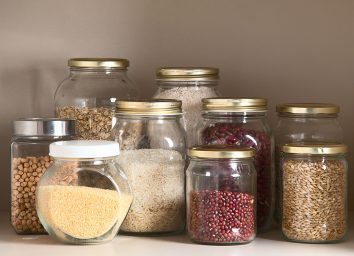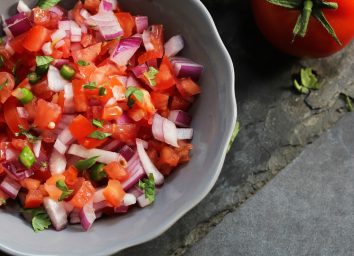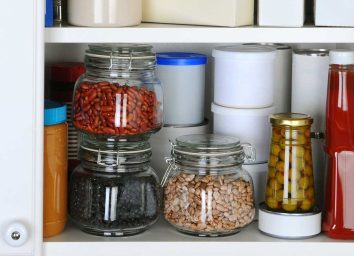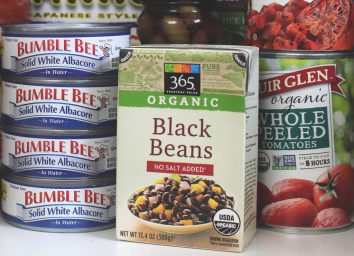9 Foods You Should Never Keep in Your Pantry
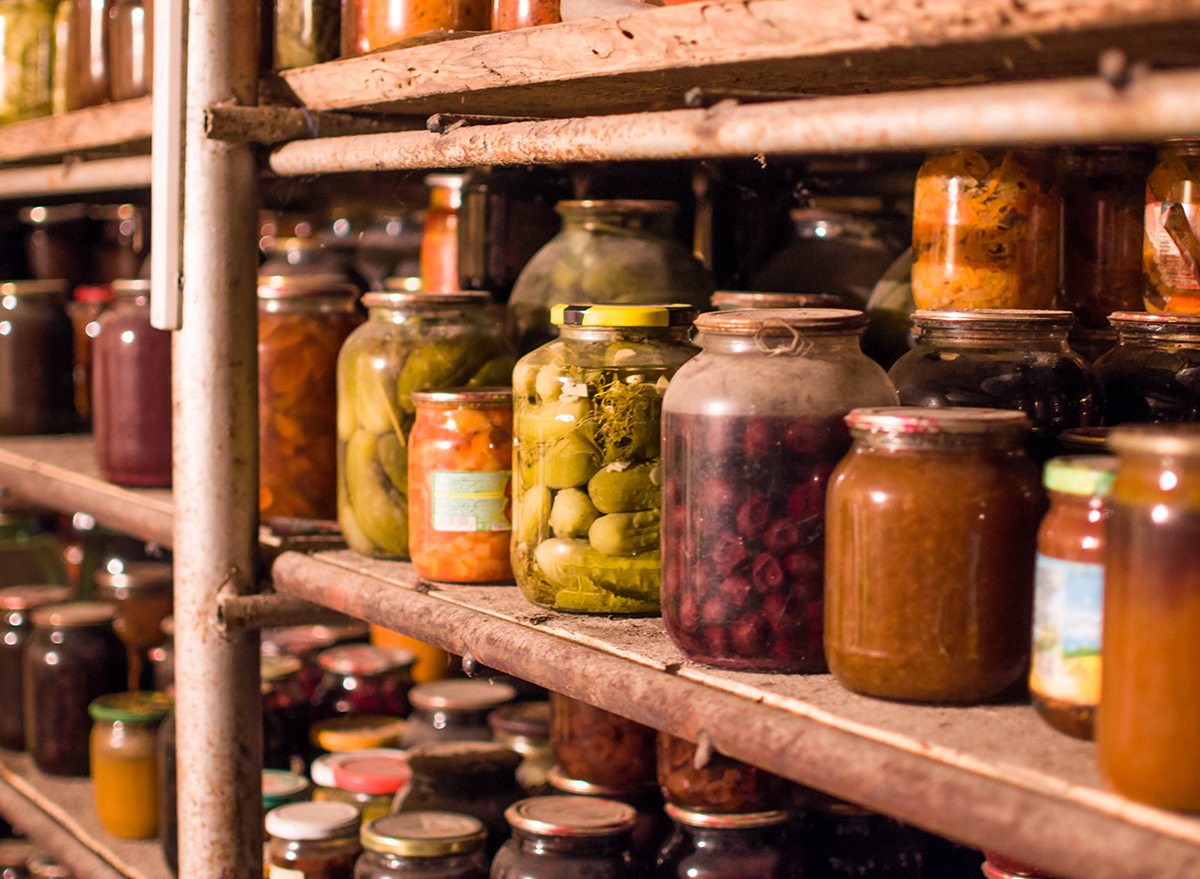
For some grocery items, it’s kind of obvious where they should be stored. Meat and greens in the fridge, cereal and flour in the pantry. But what about those other random items where you’re not exactly sure which storage choice is the right call? Where exactly should tortillas be stored, and will your maple syrup really go bad if you leave it in the pantry?
If these are questions you’ve ever asked yourself while storing your food items, don’t sweat. We’ve put together a list of foods that shouldn’t be stored in the pantry so you can avoid food spoilage, and subsequently, food waste. Here are the foods to keep out of your pantry, and where you should be storing them instead.
Lime and lemon juice

While having a bottle of lemon or lime juice is helpful for cooking (and for mixing cocktails), you don’t want to be storing it in your pantry. Similar to other juices, you’ll want to make sure that these bottles are sitting in your fridge. Now fresh lemon and lime juice have a different shelf life compared to the bottled stuff. If you have freshly squeezed juice it will last in a covered container for about 2 to 3 days in the fridge. Bottled juiced, once opened, will actually last you much longer—about 6 to 12 months.
However, if your bottle of juice isn’t opened yet, it’s perfectly fine to sit in your pantry. You just have up to 6 months to use it before it goes bad. Once opened, immediately store in the fridge.
Tortillas
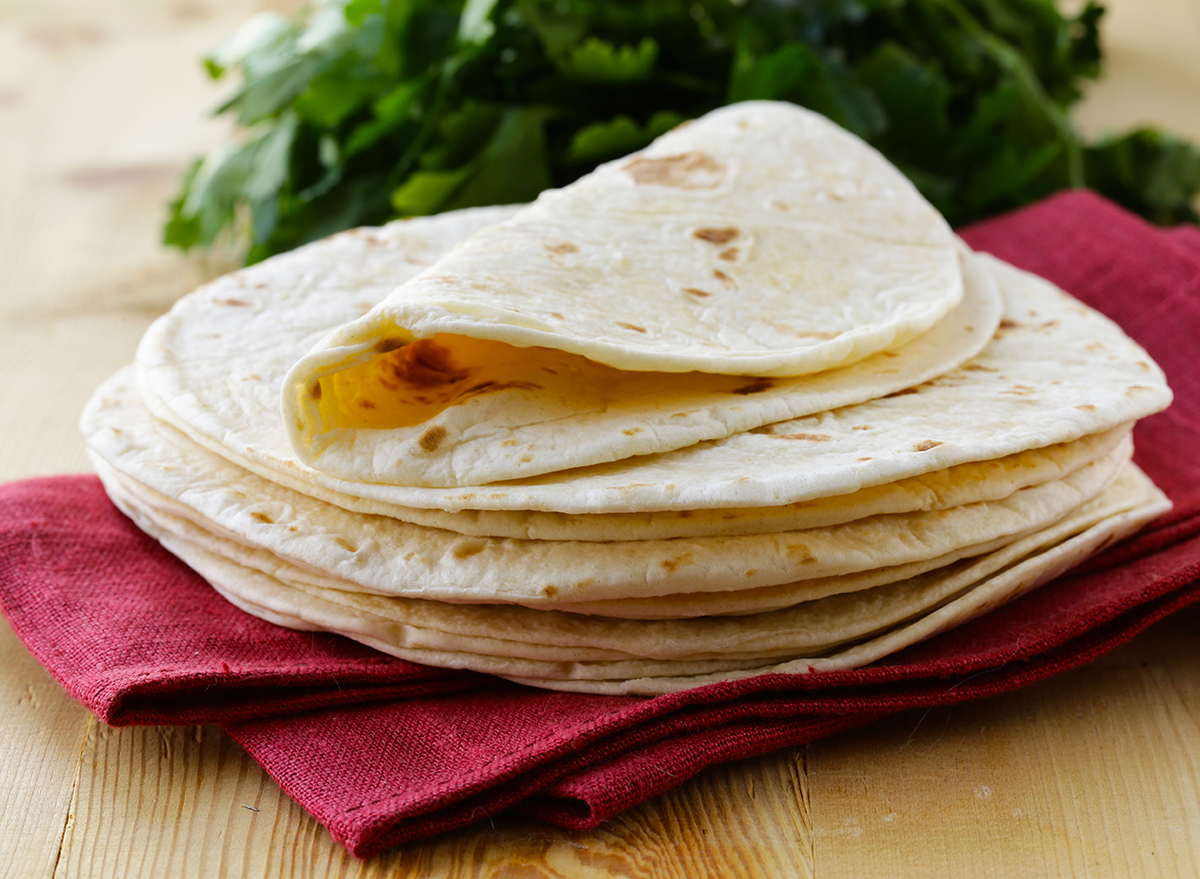
Sure, you can store your tortillas in the pantry for a few days, but why waste them when they are much happier in the fridge? If you store your corn tortillas in the fridge your shelf life jumps from one week to about 6 (or even 8) weeks. Flour tortillas last in the fridge about 3 to 4 weeks at a time.
Butter

While you technically can store butter at room temperature, there is some debate on whether this product should also be stored in the fridge similarly to other dairy products. While butter is more fat than cream-based, combined with a lower water content, it’s less likely to experience bacterial growth compared to other dairy products that aren’t properly refrigerated. However, if you leave it out for too long, that butter will go bad. So if you want to extend the shelf life of your butter, it’s best to leave it in the fridge and take it out when you know you’re going to need to use it. Especially if you’re not using butter as often when cooking your meals.
Pasta sauce
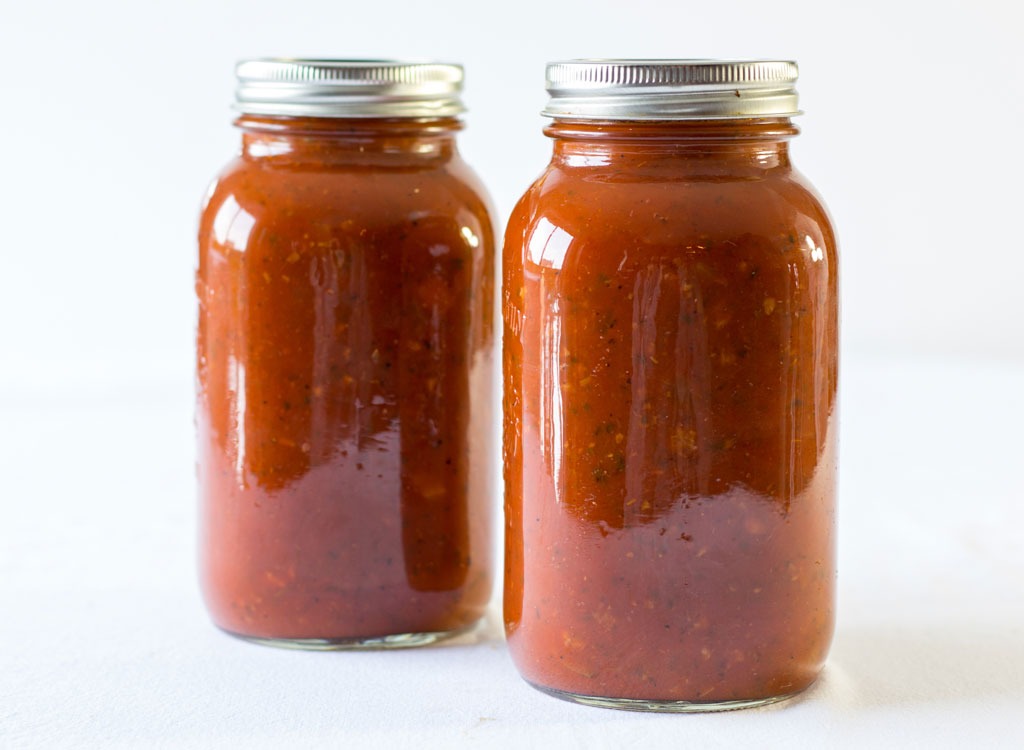
Even though pasta sauce can easily be stored unopened in your pantry, once opened, it will go bad very quickly if left out. Once the pasta sauce is opened, it’s best to use it up within 4 to 5 days. If you end up having it for more than 10 days, it may start to grow some mold. So it’s best you try to use it up (maybe in one of these pasta sauce recipes) before it goes bad and you have to toss it.
Jam
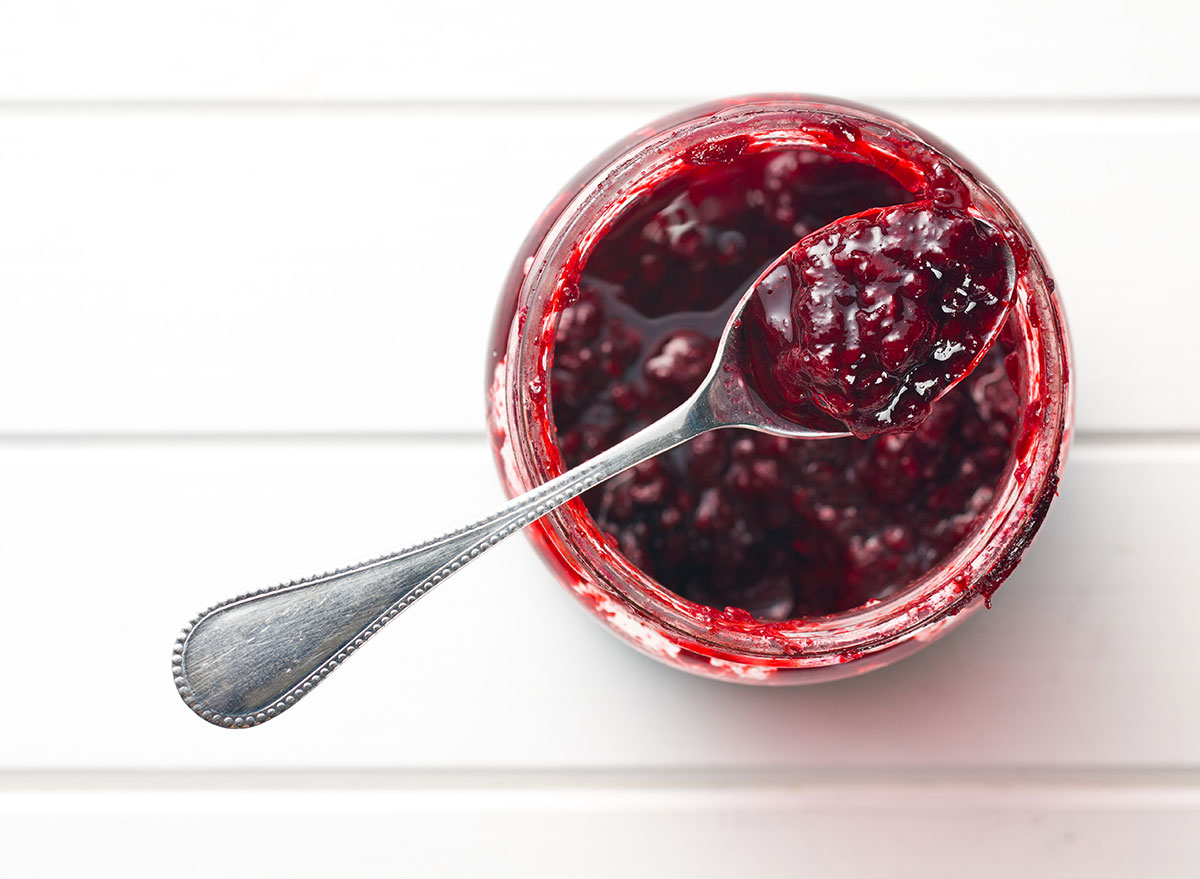
Jam is another canned item that can last you a while in your pantry—especially if it’s homemade and canned at home. However, no matter the type of jam that you have, once opened it must be refrigerated. But don’t worry, jam has a very long shelf life in the fridge, lasting six to nine months. So you have time to enjoy your jam!
Opened wine
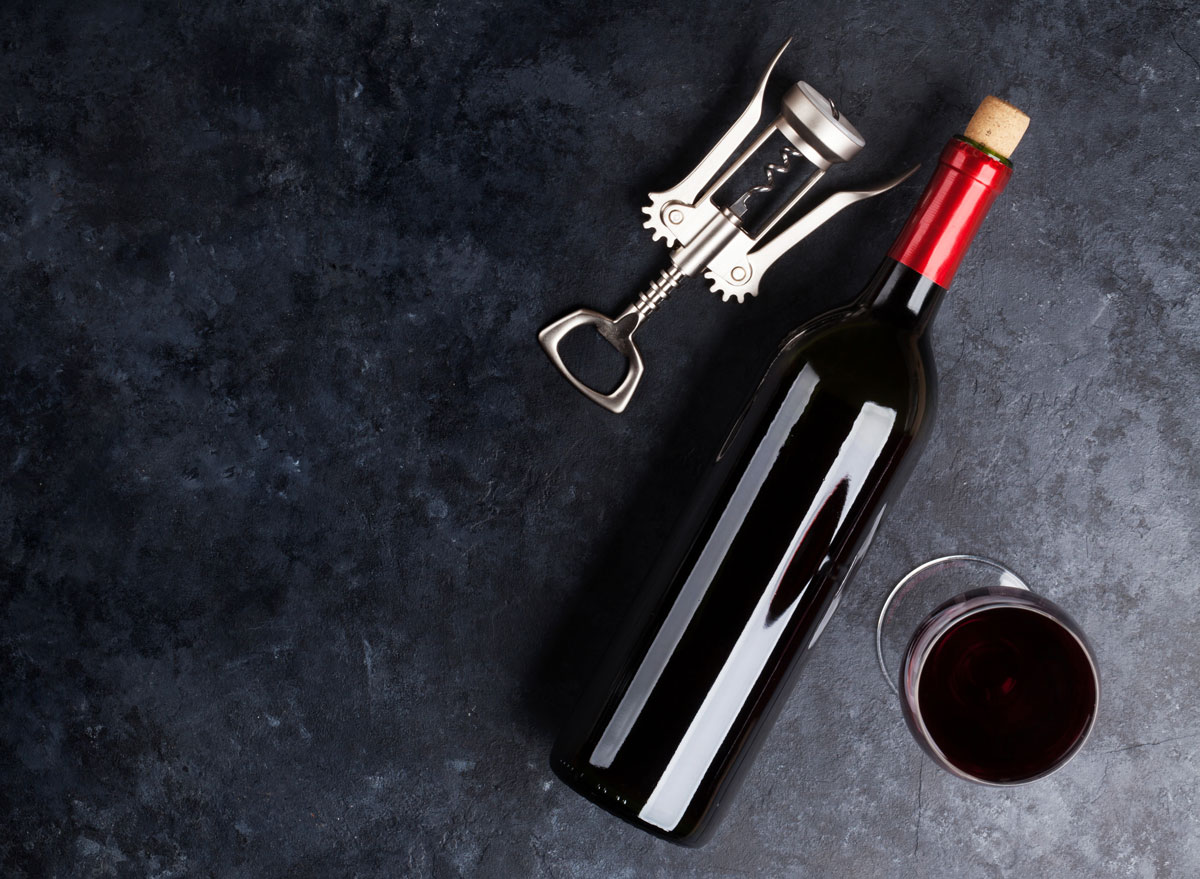
If you opened a bottle of wine, the last thing you want to do is to let it go to waste. You’ll want to immediately store that wine in the fridge for up to one week with a cork or wine stopper on it. If you find yourself reaching the last day of the week and haven’t been able to finish your wine, there are other great ways to use up leftover red wine at home besides drinking it.
Mayonnaise
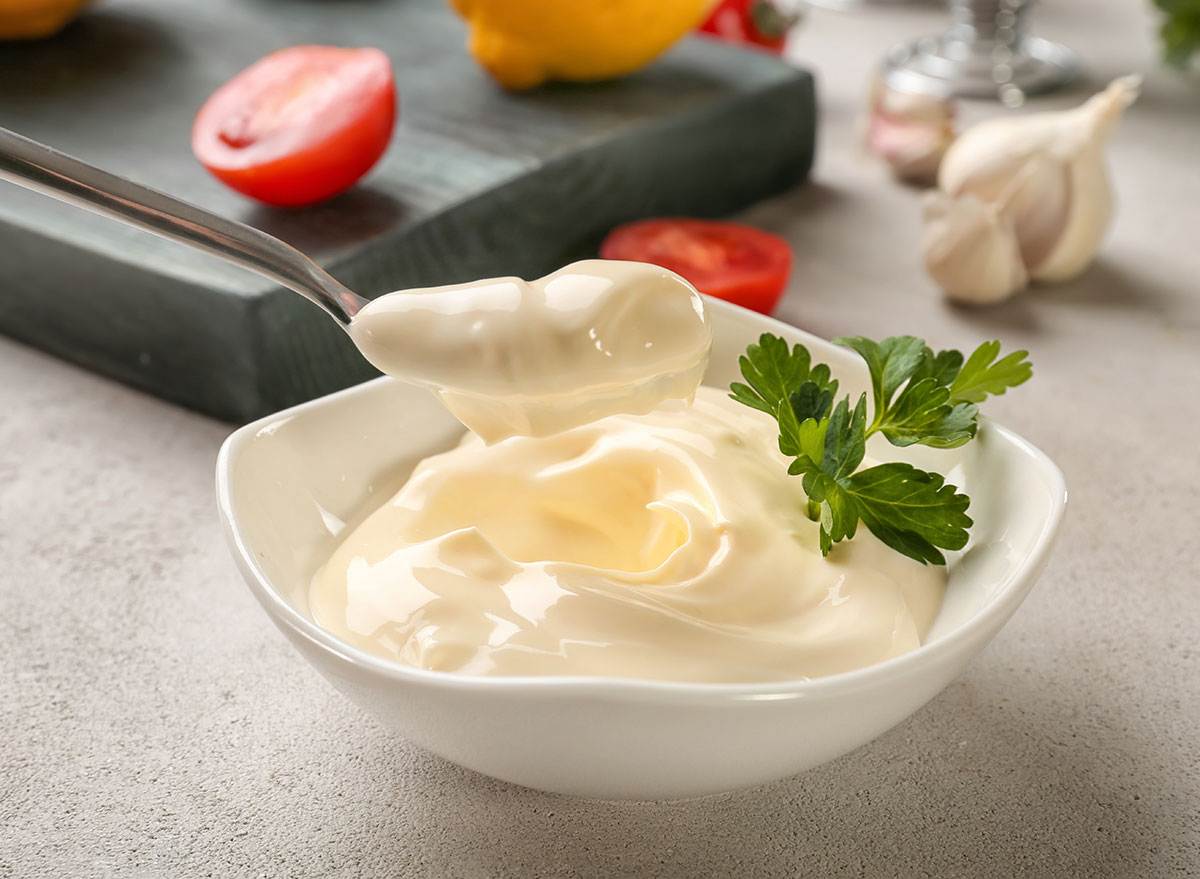
When you think about the ingredients in mayonnaise, it makes sense to why this condiment should be placed in the fridge once opened. The main ingredients in mayonnaise are vinegar (or lemon juice) and eggs. While vinegar is fine to be stored in the fridge, you probably shouldn’t leave out an item that has eggs in it. Mayonnaise will last in the fridge for up to three months, so do yourself a favor and put that jar of mayo right in your fridge door. Or hey, why not make a cake with it?
Maple syrup
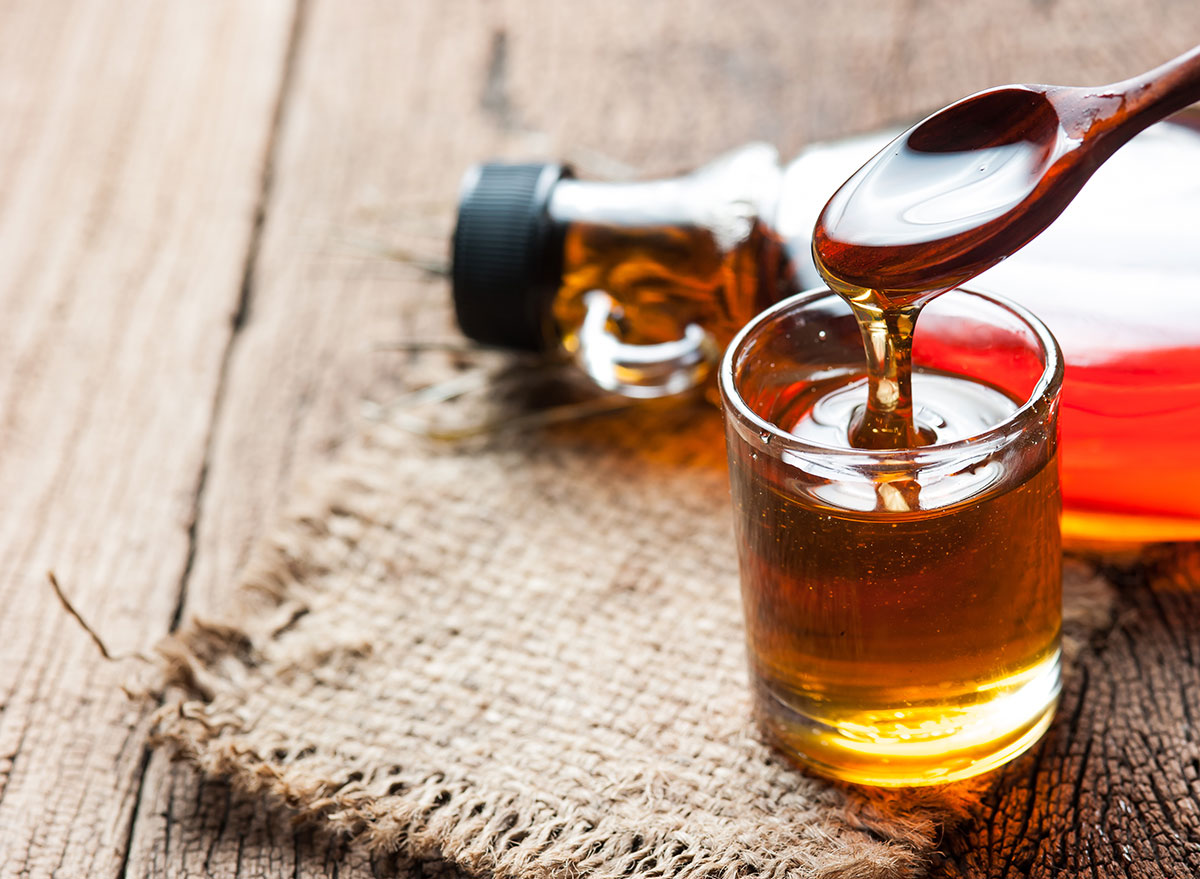
Now there are different kinds of maple syrup out there, so let’s make it clear. Maple syrup that has a corn syrup base will actually be fine in your pantry, as long as it is tightly sealed after opening. It will last you up to 18 months in your pantry. Pure maple syrup, however, is a completely different story. Once opened, it should be stored in the fridge. It can last you a good amount of time—at least a year—but will definitely go bad if you leave it in your pantry.
Ketchup and mustard
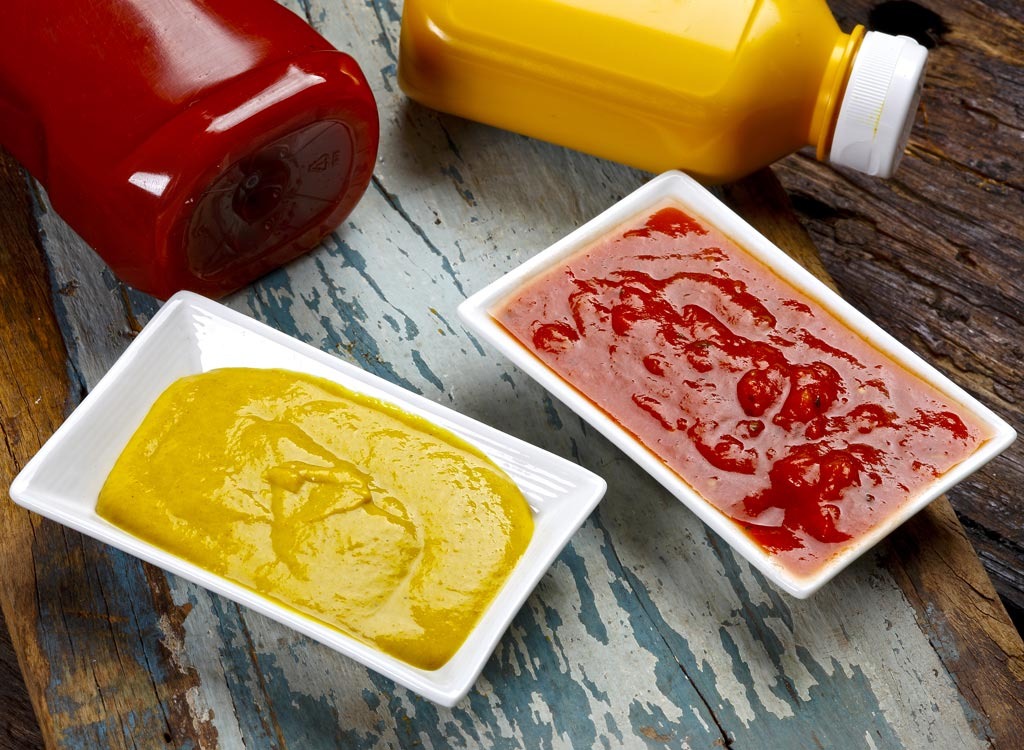
It’s a good rule of thumb to put all opened condiments in the fridge, including ketchup and mustard. Ketchup will last in the fridge for an entire year, while mustard could even last up to 18 months. So even if you don’t use the condiments often, put them in the fridge. You’re bound to finish the bottle within a year’s time.
